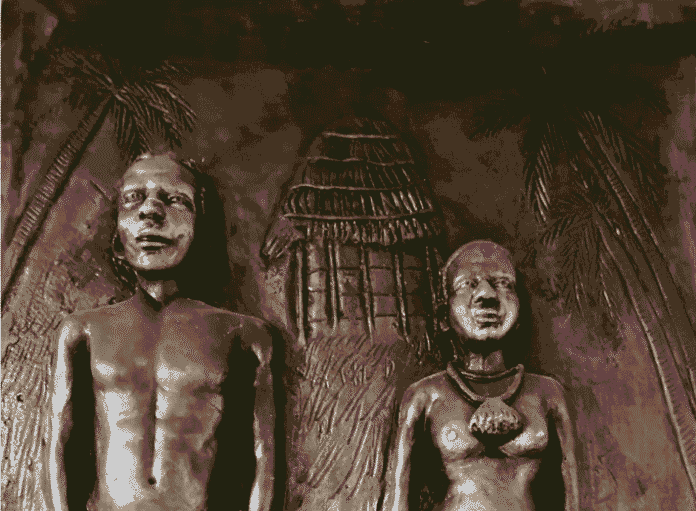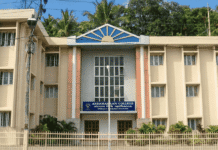Nine students from the Onge community have successfully cleared the CBSE Class 10 examination this year, achieving an unprecedented milestone for the Particularly Vulnerable Tribal Group (PVTG) in the Andaman and Nicobar Islands. This marks the first time that members of this indigenous group, whose numbers and socio-economic standing have long placed them at the margins of the educational system, have crossed this academic threshold.
The achievement is being seen as a direct result of concerted and sustained efforts by the UT Administration, the Directorate of Tribal Welfare, and the Andaman Adim Janjati Vikas Samiti (AAJVS). Together, these institutions have worked to overcome multiple systemic barriers, ranging from logistical isolation to socio-cultural challenges, that have traditionally impeded tribal students’ academic progress.
Critical interventions that contributed to this success included the provision of free textbooks and uniforms, remedial classes, special training programmes, and targeted nutritional support aimed at improving attendance and reducing dropout rates. Recognising the importance of a culturally inclusive pedagogy, the administration has focused on ensuring that teaching materials and classroom environments were tailored to be sensitive to the Onge community’s unique cultural context.
Mentorship and regular academic monitoring also played a significant role. Field-level education officers worked alongside tribal mentors to ensure that individual student needs were being met on a continual basis. Infrastructure upgrades in remote tribal schools helped facilitate a more conducive learning environment.
The success of the nine Onge students has sparked optimism among education and tribal welfare officials, who see this as a potentially transformative moment. Officials have expressed hope that this achievement will act as a beacon for other tribal communities across the archipelago.
The UT Administration has reiterated its commitment to enhancing the quality and reach of tribal education and is expected to scale up similar support mechanisms for other PVTGs across the islands.





